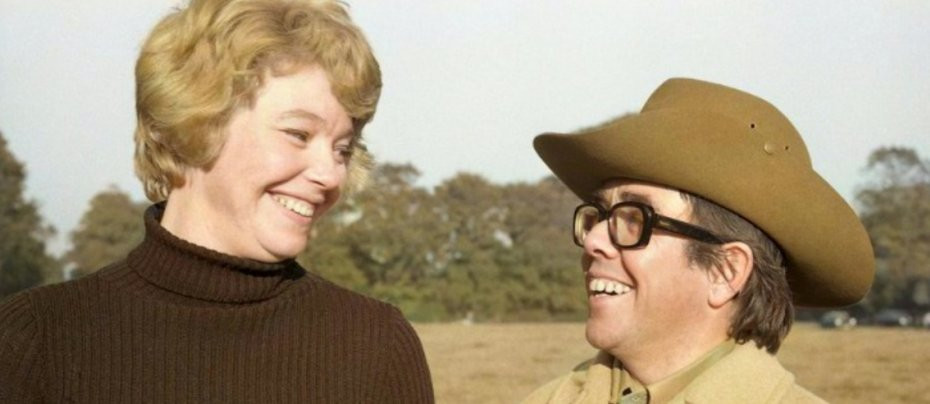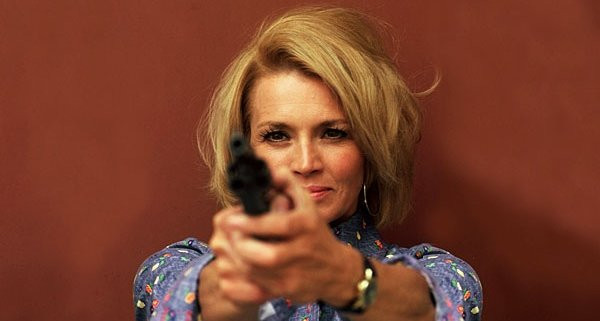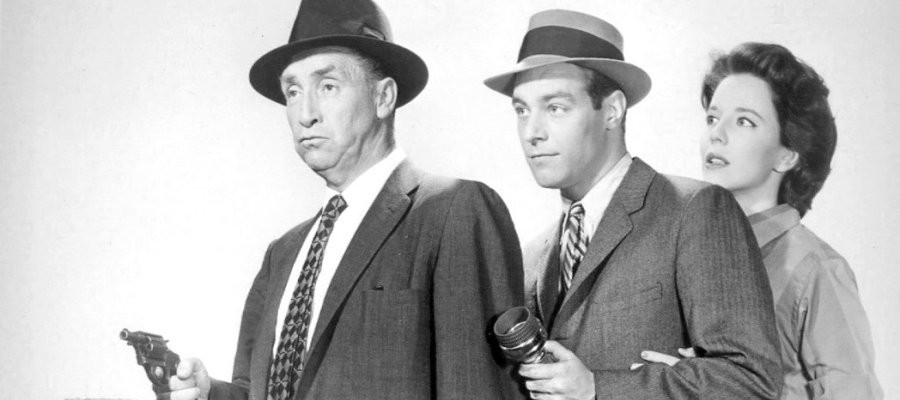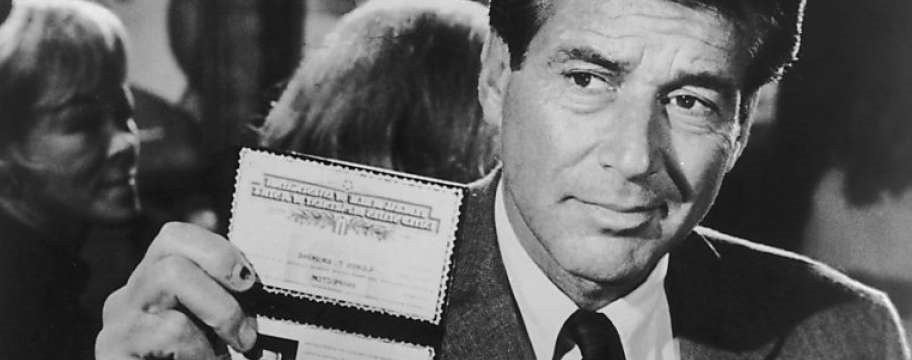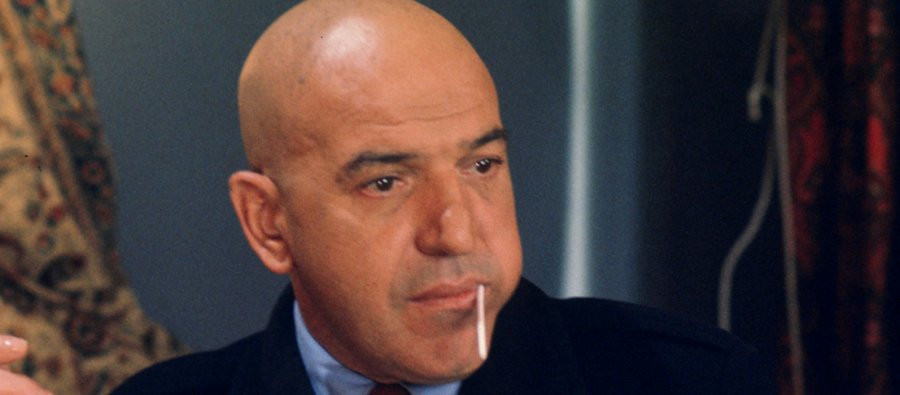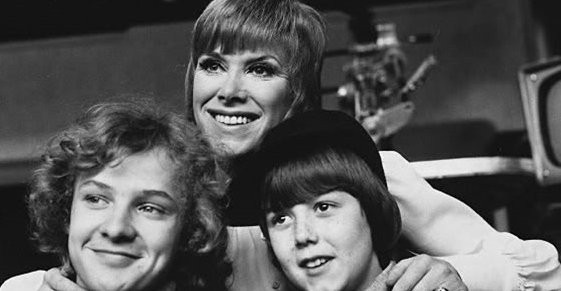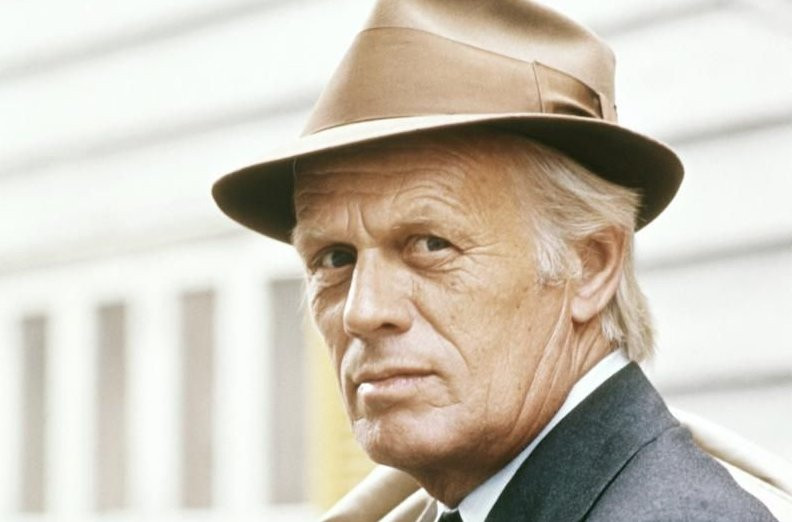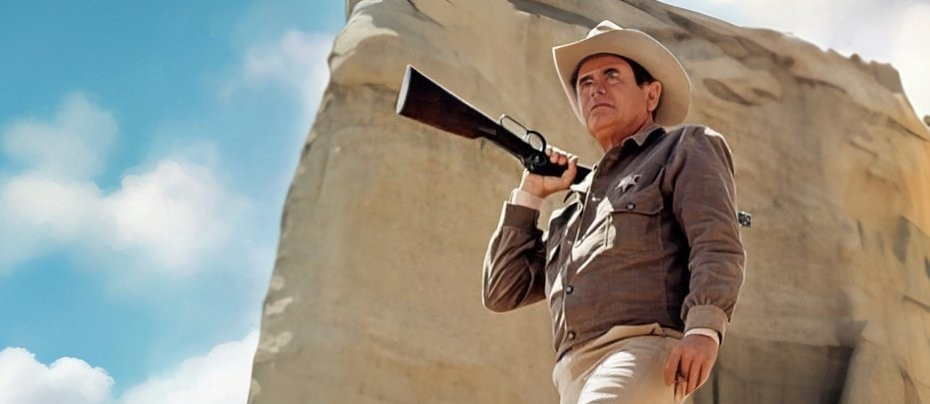
Cade's County
1971 - United StatesCade’s County was a unique television series that aired from 1971 to 1972, starring Glenn Ford as the lead character, Sam Cade. Set in the fictional Madrid County, the show blended elements of traditional Westerns with modern crime drama, creating a distinctive tone that stood out among the police procedural and detective series of its time.
At its core, Cade’s County was a law enforcement drama, but with a twist: instead of the typical urban setting seen in many crime shows of the era, it took place in a rural, Southwestern county, where Cade is the sheriff, responsible for maintaining law and order over a sprawling jurisdiction. Visually, Cade’s County was striking, taking full advantage of its setting. The wide, open landscapes were beautifully shot, giving the series a sense of scale and grandeur that set it apart from more claustrophobic, urban crime dramas. The cinematography emphasized the isolation and harsh beauty of the desert, and the show’s outdoor scenes were often its most memorable. In many ways, Cade’s County felt like a bridge between the Westerns of the past and the more character-driven crime dramas that would come later.
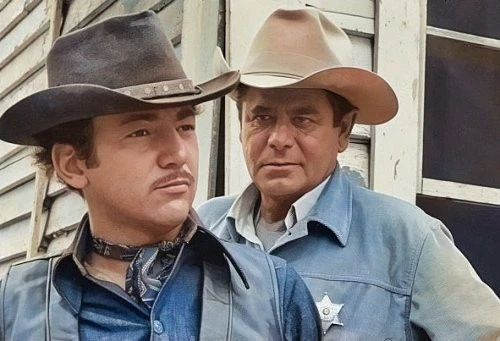
Ford, a veteran of Hollywood films and no stranger to Western roles, brings a gravitas and moral authority to the character of Cade, a man of principle, often caught between the letter of the law and his own sense of justice. Ford’s understated acting style suits the character well; Cade is not a flashy hero, but a steady, reliable figure who commands respect. This quiet strength is a key part of his appeal, and Ford plays the role with a subtle intensity that elevates the show.
Cade’s relationship with his deputy, J.J. Jackson, played by Edgar Buchanan, who brings a touch of humour and warmth to the show, provided some of the show’s most engaging moments. Jackson is an older, more laid-back character, offering a counterbalance to Cade’s more serious demeanour. Their interactions provided a window into the challenges of law enforcement in a large, often lawless county, where investigations took in crimes ranging from murder to drug trafficking, giving the series a modern edge.
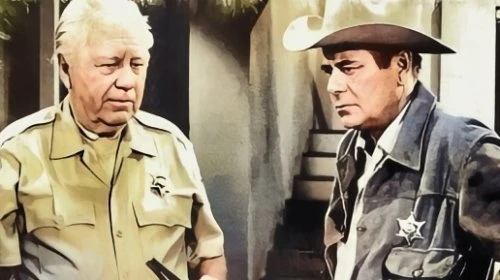
The show’s pacing was slower than many of its contemporaries, reflecting both the rural setting and the more deliberate nature of Cade’s character. This slower pace may be off-putting to modern viewers accustomed to faster, more action-packed shows, but it also allowed for more character development and deeper storytelling. The focus was not just on solving the crime, but on exploring the impact it had on the people involved.
Also, very much to its credit, Cade’s County took a relatively unstereotypical approach to Native American characters for its time, particularly in comparison to many earlier Westerns and TV shows. During the early 1970s, the representation of Native Americans in film and television was often steeped in the stereotypes that hung over from the early 20th century, with Indigenous characters either portrayed as villains or in one-dimensional, noble savage roles.
Several episodes of Cade’s County specifically dealt with Native American issues, reflecting the show's Southwestern setting and the reality of Indigenous populations in that region. The show tackled themes like land disputes, the impact of poverty and disenfranchisement, and the difficulties faced by Native American communities in dealing with the legal system. Instead of treating Native American characters as simple antagonists or side characters, the show made a conscious effort to present them as complex individuals caught in difficult circumstances.
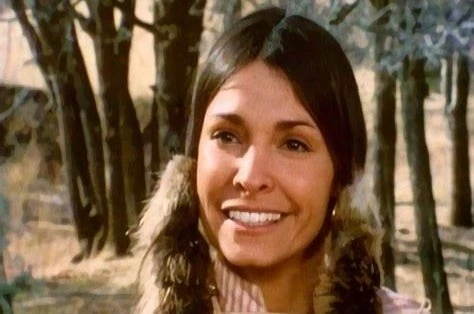
Sandra Ego appeared as Joannie Little Bird, a recurring character who becomes involved in some of the show's storylines that touch on those experiences. Ego’s portrayal of Joannie stood out because her character was given depth instead of being reduced to a stereotype. Joannie is depicted as a strong, independent woman dealing with the complexities of her life in the modern world. Through her, the series explored themes related to Native American identity, the struggles faced by Native communities, and their interaction with the law.
Betty Ann Carr played another notable character, Betty Ann Sundown, a police dispatcher. Much like Joannie Little Bird, Sundown is a Native American character who brings more cultural and personal depth to the show. The character’s involvement often touched on the conflicts between traditional Native American ways of life and the encroachment of modern society. Carr, herself of Native American descent, helped bring authenticity to the role, making her portrayal of Sundown resonate more deeply with the audience.
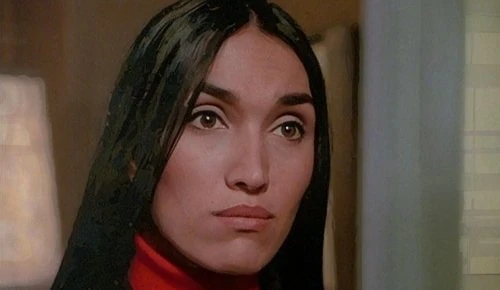
Both Sandra Ego and Betty Ann Carr's roles contributed to Cade’s County’s effort to present Native American characters with more complexity and humanity. Their performances helped elevate the show’s exploration of Indigenous issues beyond the typical portrayals of the era.
In the 1970s, several individuals and groups were highly outspoken about the plight of Native Americans, advocating for civil rights, sovereignty, and recognition of the historical and ongoing injustices faced by Indigenous peoples in the United States. These activists worked to bring attention to issues such as poverty, land rights, treaty violations, and systemic discrimination. The most prominent voices included both Native American activists and allies in the broader civil rights movement.
During this period, the United States was undergoing significant social and political change, with movements like Civil Rights, Women's Liberation, and Native American activism gaining momentum. Television shows that attempted to address these complex issues often faced backlash from certain segments of the audience who either felt uncomfortable with the topics being discussed or who preferred shows that were more purely "entertainment."
For many viewers, Cade’s County may have been seen as part of a broader trend of socially conscious television, which included shows like All in the Family and M*A*S*H that addressed political and social issues directly. Some viewers appreciated these efforts, while others felt that they were too heavy-handed or "preachy." Given the backdrop of the early 1970s, Cade's County's portrayal of Native American issues may have been seen by some as part of this wave of television tackling societal injustices, but not all viewers were receptive to these kinds of messages.
The time slot in which Cade’s County aired was another significant factor. The series aired on Sunday evenings, which can be a competitive time for TV programming. It had to compete against other popular shows, including long-running staples like Bonanza, which had a very loyal audience base and was still one of the top-rated shows during this period. This stiff competition may have made it difficult for Cade’s County to carve out its own significant viewership.
Executive producer on the series was David Gerber, who brought his vision and expertise to the project. Before working on Cade's County, Gerber had established himself as a major figure in television, known for creating and producing programmes that often combined gritty realism with character-driven storytelling. He was behind several socially conscious shows of the 1970s and later became known for producing acclaimed series like Police Story and Police Woman. Gerber’s work frequently focused on law enforcement, crime, and justice, and he often sought to bring a level of authenticity and moral complexity to his shows.
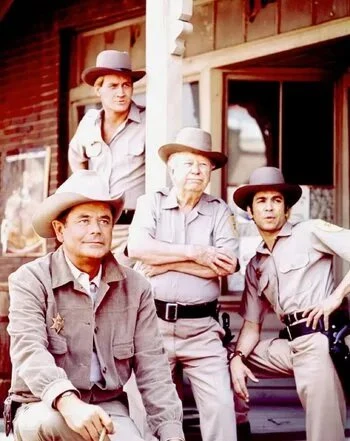
For Cade's County, Gerber helped shape the unique blend of genres that made the series stand out and his influence can be seen in the way the show balanced these aspects. His background in police dramas contributed to the procedural elements of the show, while his appreciation for strong, character-driven stories allowed for deeper explorations of Sheriff Sam Cade’s moral dilemmas and the sociopolitical issues of the region.
Although Cade’s County only lasted for one season, David Gerber’s influence was significant in helping the show carve out a unique place in television history. The series set a precedent for later crime dramas that emphasized complex characters and real-world issues, and Gerber’s work on the show helped establish his reputation as a producer who could bring depth and authenticity to the genre.
Cade’s County is a show that deserves more recognition than it has received. The series struggled to find a large audience; however, it has since gained a cult following, with many fans appreciating its thoughtful storytelling and Glenn Ford’s strong performance. In retrospect, Cade’s County can be seen as a precursor to later crime dramas that focus on character and setting as much as on solving the mystery. Its willingness to tackle moral ambiguity and its use of the Southwestern landscape give it a distinctive place in television history. While it may not have achieved commercial success during its original run, it remains a hidden gem worth discovering.
Seen this show? How do you rate it?
Seen this show? How do you rate it?
Published on September 27th, 2024. Written by Marc Saul for Television Heaven.


